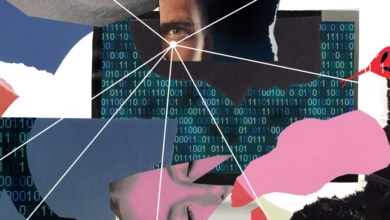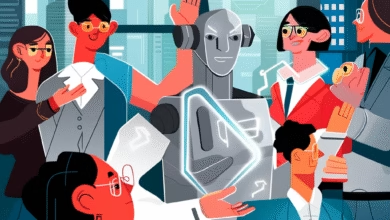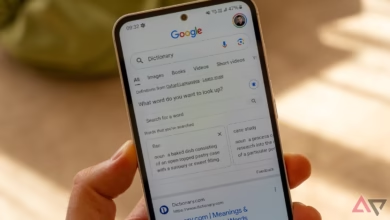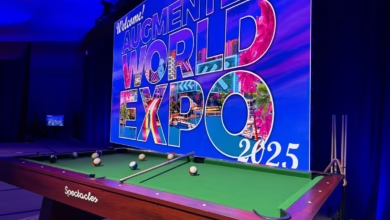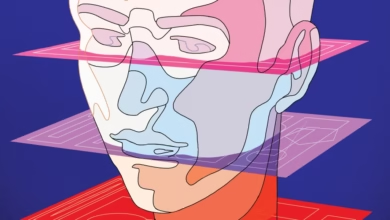Sundar Pichai: AI’s New Dawn, Augmented Horizons, and an Unwavering Stance on Search
Google's chief outlines the tech titan's strategy, emphasizing tangible AI applications, the future of augmented reality, and a steadfast commitment to search integrity amidst technological evolution.
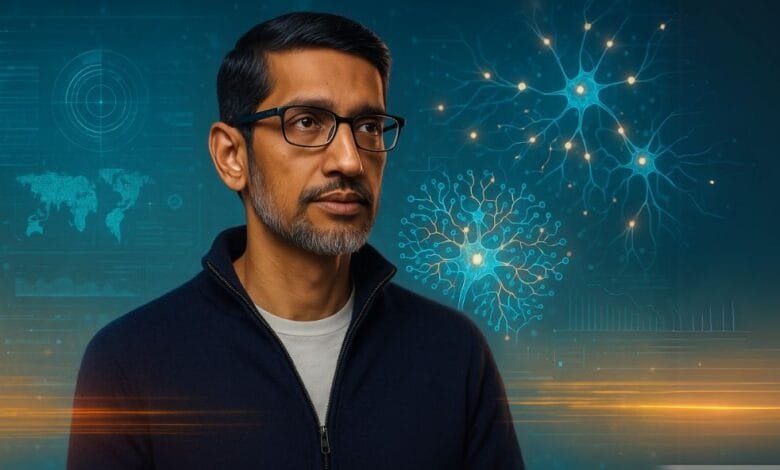
▼ Summary
– – **AI’s transformative impact**: Sundar Pichai compares AI’s significance to electricity, emphasizing its potential to enable new forms of creation and lower barriers for innovators.
– **Shift from research to applications**: Google is transitioning from foundational AI models to real-world applications, with products like AI-powered coding tools and Notebook LM leading the way.
– **Augmented Reality (AR) advancements**: Google is making progress on AR glasses, with developer products nearing consumer-ready versions, signaling a future shift in personal computing.
– **Evolution of search and the web**: Pichai reaffirms Google’s commitment to driving web traffic while envisioning an “agent-first” internet, where AI agents proactively assist users.
– **Regulatory and ethical stance**: Pichai defends algorithmic neutrality in search rankings and AI responses, stressing Google’s commitment to accuracy and resisting political influence.
Google CEO Sundar Pichai recently joined the Decoder podcast from The Verge for a wide-ranging discussion, offering insights into the company’s ambitious artificial intelligence strategy. He emphasized the transition from foundational research to tangible product applications and a future increasingly shaped by AI agents, expressing robust confidence in Google’s AI capabilities and framing the current technological moment as a platform shift as profound as the advent of electricity.
In a detailed discussion, Pichai articulated a vision where Google’s deep investments in AI are beginning to reshape the broader technological frontier. A central theme he stressed was how “research becomes reality,” highlighting the journey of AI from abstract concepts to tools that millions will soon interact with daily.
AI: The Bedrock of Future Creation
Pichai didn’t mince words about AI’s transformative power, reiterating his long-held conviction that “AI is a platform shift as significant as electricity.” He elaborated that this isn’t merely about creating smarter tools, but about establishing a new “layer of creation.” Unlike the mobile revolution, which primarily changed how existing services were accessed, Pichai sees AI as fundamentally different due to its inherent ability to “self-improve” and “enable new forms of creation across various layers.” This, he argued, will “allow for more accessible creation and development,” significantly lowering the barriers for innovators worldwide.
The current focus, Pichai explained, is decisively shifting from building foundational AI models to “the development of actual AI applications.” He pointed to emerging Google products like advanced AI-powered coding IDEs, the research and writing assistant Notebook LM, and the newly introduced “Flow” as early indicators of this new wave.
AI is a platform shift as significant as electricity
Sundar Pichai
Addressing the substantial financial commitments Google has made to AI, Pichai drew a compelling parallel to the early days of Gmail. He suggested that, much like Gmail evolved from a simple email service to become a cornerstone of the comprehensive Google Workspace and a driver for Google Cloud, the full economic and societal dividends from AI “will unfold over time.” He emphasized AI’s “horizontal impact,” predicting its integration and enhancement of nearly every facet of Google’s diverse operations. “Value creation will unfold over time,” he stated, reflecting a long-term strategic view.
Augmented Reality and the Shifting Sands of Computing
The conversation also cast a spotlight on Google’s ambitions in Augmented Reality (AR). Pichai shared encouraging progress on AR glasses, mentioning partnerships with design-centric brands and expressing considerable optimism about the “pace of development.” He offered a significant insight, suggesting that “developer products this year will be close to final consumer versions.” While he prudently avoided predicting an immediate overthrow of smartphones as the primary personal computing device, Pichai confidently anticipated that “millions of people” would be trying out these immersive AR experiences in the near future.
When the discussion turned to the competitive landscape, particularly regarding reports of a new computing platform from Jony Ive and OpenAI, Pichai welcomed such developments. He characterized them as “a sign of the exciting innovation happening in the field,” indicative of a vibrant and rapidly evolving AI hardware ecosystem.
Further exploring the future of personal technology, Pichai touched upon the idea of current mainstays like phones and laptops eventually being viewed as “legacy platforms.” He sketched a future where computing becomes more ambient, “ubiquitous and available in multiple forms as needed,” seamlessly woven into the fabric of users’ daily lives rather than being confined to specific devices.
The Metamorphosis of Search and the Rise of an “Agent-First” Internet
A significant portion of the dialogue was dedicated to the evolution of Google Search in an AI-driven era, directly addressing the anxieties of news publishers concerning web traffic and revenue models. Pichai firmly “maintains that Google is committed to sending traffic to the web.” He posited that, despite new AI-powered search functionalities, overall “information consumption” is actually on the rise. He also highlighted AI’s potential to “facilitate cross-format content creation,” leading to a richer and more diverse online ecosystem.
Looking further ahead, Pichai explored the intriguing concept of an “agent-first web.” In this envisioned future, sophisticated AI agents would assume a far more proactive role in how users discover, process, and interact with online information and services. “This might evolve differently in enterprise and consumer contexts,” he mused, suggesting that such a fundamental shift could “engender new business models” and profoundly reshape the digital terrain.
Navigating Regulatory Waters and Defending Algorithmic Neutrality
We are focused on improving the web through Chrome
Sundar Pichai
The interview also navigated the complex territory of regulatory scrutiny. When the topic of antitrust concerns and the “potential sale of Chrome” was raised, Pichai, while “refraining from commenting directly on the legal process,” took the opportunity to underscore “Google’s role in improving the web through Chrome” and the contributions of its open-source Chromium project to the internet’s infrastructure. This indicates that the subject of a potential Chrome divestiture, likely in the context of antitrust discussions, was indeed part of the conversation, though Pichai chose to focus on Chrome’s positive contributions rather than speculate on legal outcomes.
On the critically sensitive issue of political influence over search rankings or AI-generated content, Pichai’s stance was resolute. He “firmly states that Google’s search ranking algorithm is sacrosanct and will not be influenced by individual cases or political pressure.” This unwavering principle, he clarified, “would not be adjusted for AI mode responses based on political pressure” either. Regarding how Google ascertains the authority of information, Pichai explained that the system primarily “relies on signals like how other pages link to it,” rather than making subjective, individual evaluations of a page’s standing. He affirmed that Google operates under “a high bar for accuracy and user trust.”
Concluding his outlook, Pichai identified the next monumental technological wave: the “meaningful integration of AI with the physical world through robotics.” He expressed deep optimism about the “transformative potential” this convergence holds for tackling complex global challenges, such as accelerating “drug discovery,” and for broadly “empowering creative” human endeavors on an unprecedented scale.
